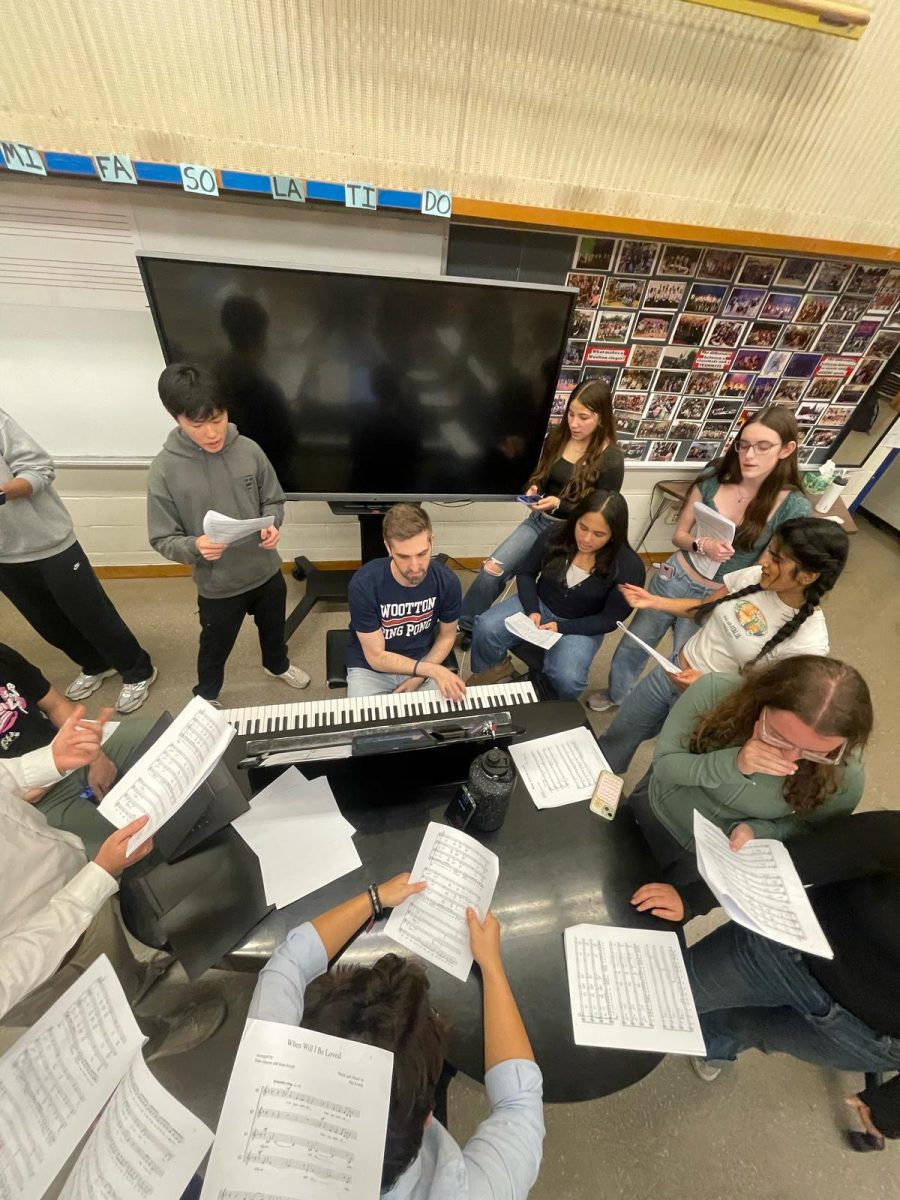Debating the importance, relevance of daylight savings time
Yes,
While an hour of our time is valuable and losing that time doesn’t seem worth it, the payoff of sunlight practically all day for half the year makes up for this lost time.
The reason daylight savings time was created was to save fuel by using less light energy. Not as much power is needed to power lights if they are only on for a shorter amount of time. Ever since 2007, daylight savings in the United States starts at 2.a.m. on the second Sunday in March, and ends on at 2.a.m. on the first Sunday in November.
Even though most of Arizona and Hawaii do not observe daylight savings, those states do not need to observe it. Since those states are closer to the equator, their days are more consistent regardless of the month. The same cannot be said for Maryland, as the sun is setting at 8 p.m. in June and 5 p.m. in December.
Not only does daylight savings protect what little sunlight we have, but not having daylight saving, is a safety hazard. The increasing amount of daylight makes it easier to drive, creating a smaller risk for car crashes. Since rush hour traffic begins around the same time as the sun begins to set, it begins to be more difficult to see out of the windshield and focus on the road when the sky is dark.
As the sun goes down, students begin to stress about all of the schoolwork they have not completed, they see the sky turning black and they worry about all of the unfinished assignments and all nighter they will endure. Although they can see the moon shining brightly in the night sky, they realize they have just gotten home from school and they wonder why it seems like the sun only shines a few minutes every day. This scenario is less likely with a simple clock change twice a year.
The common complaint of daylight savings is the hassle of losing that precious hour of snooze-time to your alarming blaring an hour early. But if we’re being honest, one hour of the 8,760 hours in a year is not that bad. “It doesn’t really affect people who don’t grow crops, but for the farmers that do, it lets them bring in some extra money,” freshman Logan Simmons said.
Usually, whether or not daylight savings is observed is based on the state’s decision. If Maryland decided daylight savings was not useful, we would use central time and traveling to Pennsylvania, D.C. or Virginia would require a timezone change. When you drive north or south, you shouldn’t have to change your clocks and switching your clocks for a day trip to D.C. would mess with people’s body schedules.
-Luke Jordan
staff writer
No,
Daylight saving time (DST) has been implemented in the United States since the passage of the Uniform Time Act in 1966, according to CNBC. Despite its long history as a staple of American life, DST provides surprisingly few benefits in today’s modern society, while also causing a multitude of problems relating to health, safety concerns, and economic disadvantages. It is crucial that the US government ends or reforms DST.
Proponents may argue that DST is necessary because it saves energy because the longer hours of daylight decrease the use of indoor lights. However, this argument is an oversimplification of the situation.
Although DST does slightly decrease the use of indoor lights, there are few energy gains. Business Insider states that “a 2007 report from the California Energy Commission showed that DST had essentially no effect on the state’s energy consumption.” In fact, according to Smithsonian, “the best studies … prove that Americans use more domestic electricity when they practice daylight saving.”
According to the New York Times, this is because “[l]ighting has become a smaller part of overall energy consumption, and extending the use of daylight hours encourages people to use more air conditioning and heating.”
Business Insider states that “researchers [in Indiana] saw that people used less electricity for light, yet any gains were canceled out by people who used more air conditioning during the early evenings.” DST also causes energy loss because it causes people to utilize more gasoline. “This is probably because evening activities increase with that extra daylight, and getting to and from those activities often requires vehicles.”
According to Forbes, government studies have produced similar results, showing that DST provides negligible energy benefits.
DST not only produces few benefits, but it is also in many ways a severe detriment to society. According to Business Insider, “A recent study of undergraduate students showed that the start of daylight-saving time is associated with later bedtimes, increased time in bed, and a later wake up time.”
According to Forbes, the resulting loss of sleep means that “[t]he day after we ‘spring forward’ and ‘fall back’ both see an increase in fatal traffic accidents, which has been verified to be significant at about the 8 percent level. There is no corresponding decrease to balance it out. Meanwhile, workplace accidents and heart attacks are both more common in the week after the time change, too.”
DST also harms the economy, as Business Insider says that “An index from Chmura Economics & Analytics released in 2013 suggests that the cost [due to health problems and lost productivity because of a lack of sleep caused by DST] could be up to $434 million in the U.S. alone.”
DST harms the economy, increases dangerous accidents, has a negative effect on health, and ultimately provides no benefits to compensate for this. For these reasons, the US government should remove or reform DST.
-Elliot Wang
staff writer







